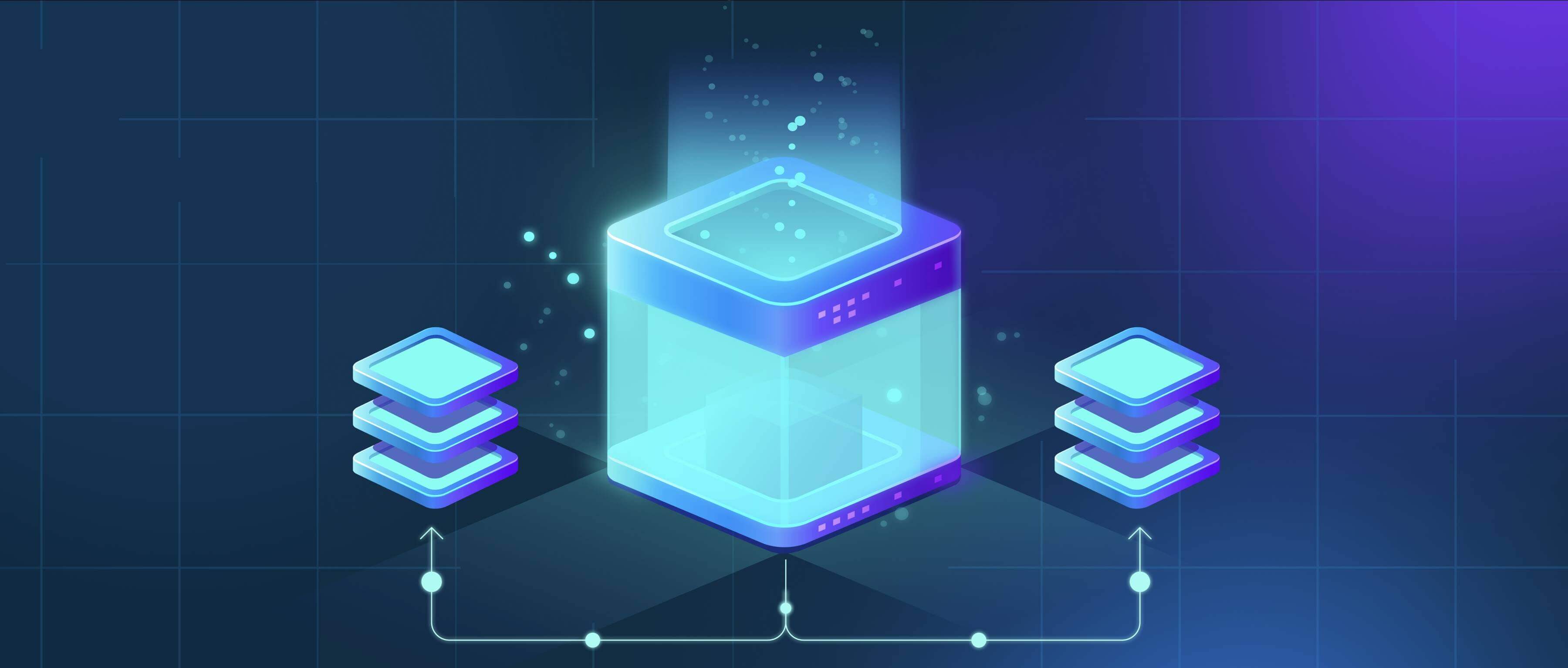
Accessing cloud files from public computers refers to using shared, potentially insecure devices like those in libraries, hotels, or internet cafes to reach files stored on online platforms such as Google Drive, OneDrive, or Dropbox. It differs from accessing them on your personal device because you lack control over the computer's security. Risks include keyloggers capturing your credentials, browser history retaining your activity, or malware compromising your session.

Common examples include checking a presentation for work using a library computer logged into a web-based email client accessing OneDrive, or quickly printing a boarding pass from Dropbox while traveling. Industries relying on remote work or frequent travel often encounter this scenario, often using the platform's direct web interface rather than installed software to minimize risk on the public machine.
While offering valuable accessibility, this practice carries significant security limitations: exposure to credential theft, lack of privacy, and potential malware infection. Ethical considerations involve protecting sensitive information from compromise. Future developments focus on enhanced web security like verified "incognito" modes and hardware keys, but the safest approach remains avoiding public computers for accessing sensitive cloud files. The persistence of these risks drives innovation in secure remote access solutions.
Can I access cloud files from public computers safely?
Accessing cloud files from public computers refers to using shared, potentially insecure devices like those in libraries, hotels, or internet cafes to reach files stored on online platforms such as Google Drive, OneDrive, or Dropbox. It differs from accessing them on your personal device because you lack control over the computer's security. Risks include keyloggers capturing your credentials, browser history retaining your activity, or malware compromising your session.

Common examples include checking a presentation for work using a library computer logged into a web-based email client accessing OneDrive, or quickly printing a boarding pass from Dropbox while traveling. Industries relying on remote work or frequent travel often encounter this scenario, often using the platform's direct web interface rather than installed software to minimize risk on the public machine.
While offering valuable accessibility, this practice carries significant security limitations: exposure to credential theft, lack of privacy, and potential malware infection. Ethical considerations involve protecting sensitive information from compromise. Future developments focus on enhanced web security like verified "incognito" modes and hardware keys, but the safest approach remains avoiding public computers for accessing sensitive cloud files. The persistence of these risks drives innovation in secure remote access solutions.
Quick Article Links
Why are mobile file sharing options limited?
Mobile file sharing options can seem limited primarily due to device operating system constraints and design priorities....
Should I save images as .jpg or .png?
JPG (or JPEG) is a lossy compression format ideal for photographs and complex images. It significantly reduces file size...
Why do hyperlinks to files stop working after moving them?
Hyperlinks to files often break after moving them because these links rely on specific file paths to locate the target. ...